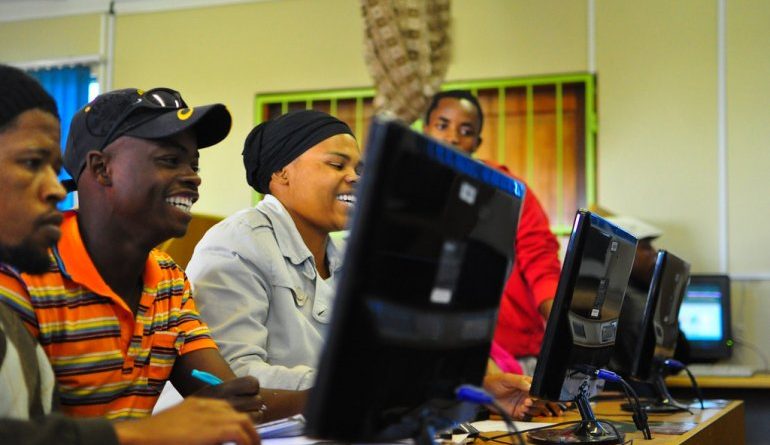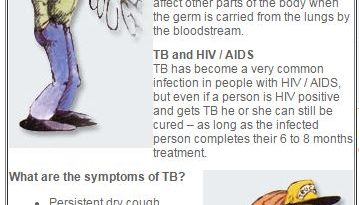Let’s look to International Cooperation and Technology to train our youth
This Youth Month and in the wake of Youth Day, I’d like to start with a stark fact; we have a youth unemployment problem. Even before last year, when the pandemic hit, we’ve had an unemployment rate of over fifty percent according to the International Labour Organisation for youth aged between 15 and 24 in South Africa since 2010. This rose to 59% in the first quarter of 2020 according to Stats SA.
Today, we’re looking at a percentage of 74% according to national data. We risk losing a generation of young people, of people who are filled full of hope and optimism who cannot find any work despite their best efforts and intentions.
We believe that there must be a better way of training and upskilling our young people. For over a decade we’ve provided practical training in electricity as well as community training which focuses on solar energy as an alternative and green energy source; encouraging the safe use of electricity in communities.
We have done some good. But we have to be smarter if we’re going to reach out to a greater number of people to make a dent in the country’s unemployment numbers. And there are various options. The first is technology. We all have mobile phones or access to them. And increasingly people are using their phones to not just access the internet, but to learn online too.
Educational facilities and training institutions need to harness this ability to reach everyone, to make learning more cost-effective and easier to access. We partnered with the online learning company Trace Academia which was founded by Trace TV and focuses specifically on digital learning.
The Internet now gives us reach to educate tens of thousands of youths on the basics of electricity. And training can be undertaken at any time of the day or night through short, ‘snackable’ content. Courses can be easily updated, through updates to the application, and material can be tailored to specific regions. It’s no surprise that Trace Academia has set a target of training more than 25 million people by 2025, many of whom will be looking to find their first job.
There’s another pillar of learning that we must discuss, and that’s international cooperation. This is crucial for two reasons. The first is to ensure that whatever is taught is up to date. Secondly, the curriculum must be accepted and reputable. An example of this is the French Skills Label which was launched last month by the French Minister of Gender Equality, Diversity and Equal Opportunity, Minister Elisabeth Moreno during the French President’s visit to South Africa.
The French South African Chamber of Commerce and Industry (FSACCI) in collaboration with the French Embassy of South Africa launched the French Skills Label which is issued by the embassy. It is an initiative to label certified training courses of large French groups present in South Africa. The French Skills Label highlights what French companies are doing in terms of internal and external training for South Africans. The label is associated with training courses already certified by the training departments of French companies and focuses on the development of youth in South Africa.
We’re part of the first wave of six companies to be awarded the French Skills label, and in total this group has helped to upskill over 24,900 South Africans with over 650,000 hours of training given during 2019 and 2020.
Combine these two ideas of online learning and international accreditation; can you imagine how many more young people we’d be able to train and set on a path to employment.? By rethinking how we offer to learn to millions of young South Africans, we can both transform the economy and give the youth a better opportunity at finding a job.
The pandemic has made us think differently about many issues. Let’s ensure that we reimagine what is possible through redesigning how we educate young people to enable and promote employability or entrepreneurship.




